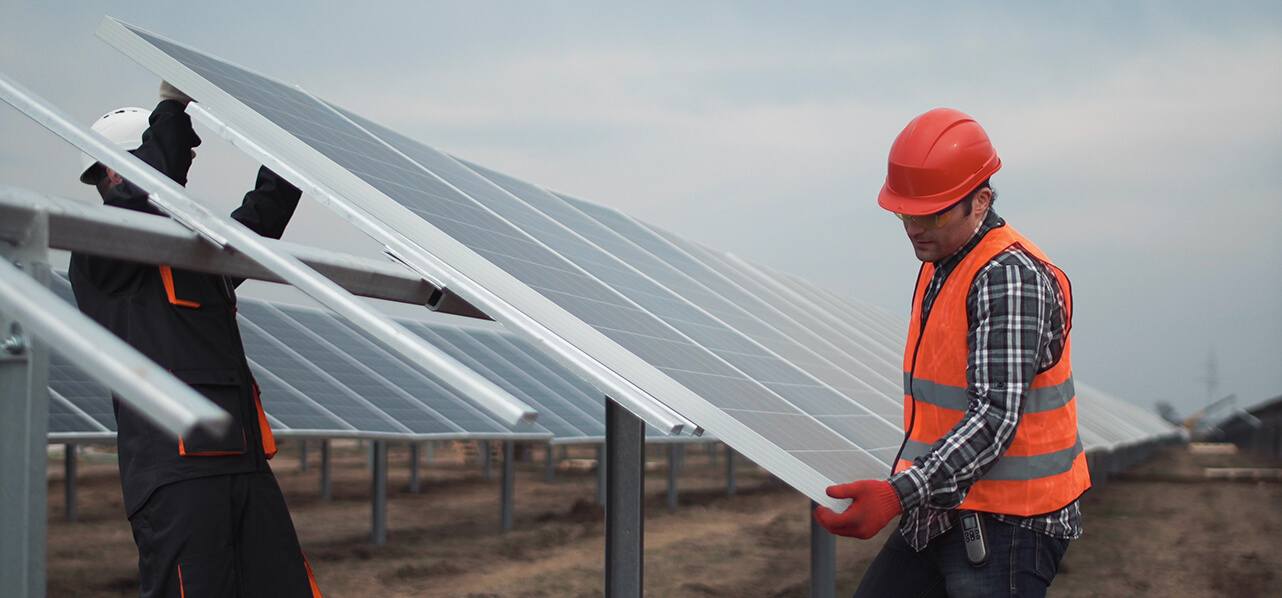Introduction
As was amply demonstrated during the Covid 19 crisis, the recent conflict in Ukraine and numerous other unforeseen and catastrophic circumstances, international commodity supply chains are particularly susceptible to being disrupted by geopolitical events.
Connecting areas of surplus to areas of deficit, efficiently and cost-effectively, is paramount to the success of our physical commodity trading clients. Conversely, circumstances which interfere with this efficient and cost-effective movement of physical goods can prove to be extremely costly and must be carefully navigated. In this article, we discuss the concept of “force majeure”, which may operate to suspend the obligations of parties engaged in international trade, if said trade is disrupted by unforeseen and/or catastrophic circumstances.
The concept of force majeure
The concept of force majeure is well known. However, clients are often unsure of their position when making or defending a claim of force majeure because it is not a ‘term of art’, meaning the nuances of each claim depend on the express wording of the relevant force majeure provisions in the underlying contract and how the same fits the facts of the matter.






